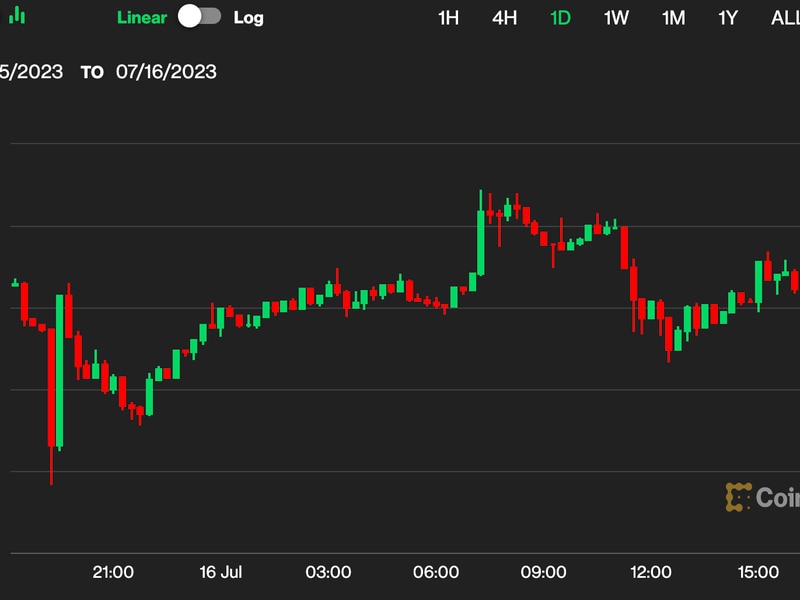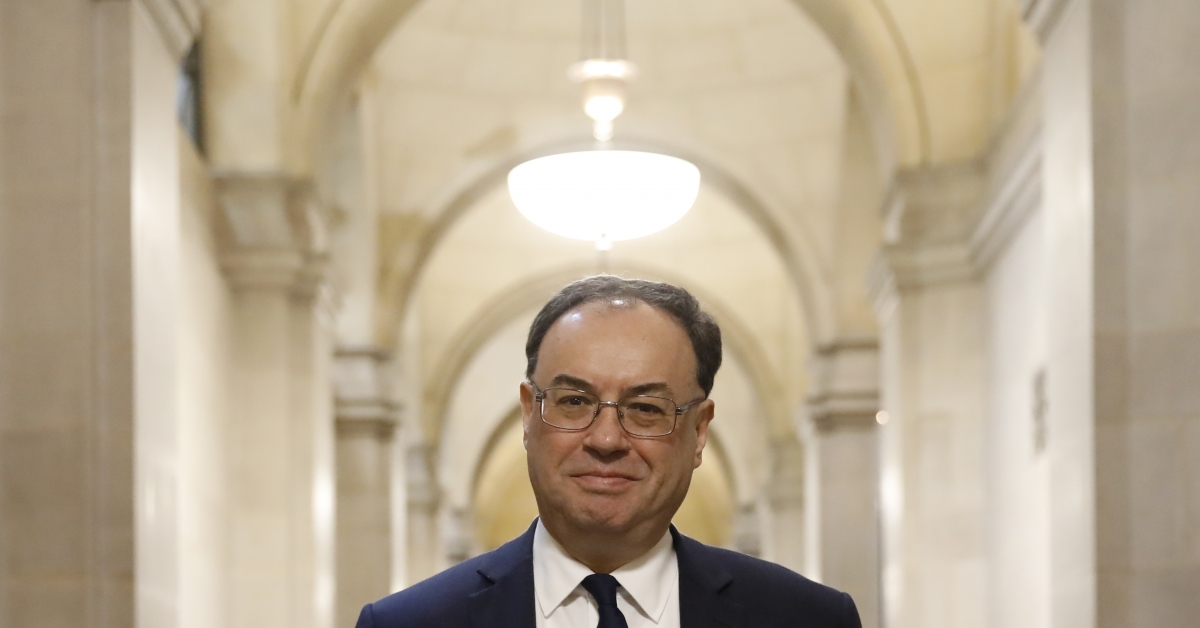Bitcoin’s ‘De-Dollarization’ Narrative Loses Ground As USD Tightens Its Grip on International Transactions
/arc-photo-coindesk/arc2-prod/public/LXF2COBSKBCNHNRE3WTK2BZ7GE.png)
-
Bitcoin’s share in international transactions hit a decade high in 2023, while foreign holdings of U.S. government bonds held steady, Credit Agricole said in a note to clients.
-
USD’s persistent lead means investors could continue to park money in the currency during times of stress in the global economy.
Since bitcoin’s (BTC) inception over a decade ago, crypto propounders have been obsessed with “de-dollarization,” a term used to describe shifting away from the U.S. dollar’s (USD) role as the global reserve currency.
The calls grew louder last year as several regional banks in the U.S. faced turmoil and the federal debt hit a record $34 trillion. However, data shows the dollar remained the most favored currency in international transactions, with global demand for U.S. government bonds holding steady.
“USD’s share in international SWIFT transactions surged in 2023 to reach its highest level in more than ten years. In contrast, the EUR share collapsed, and that of the JPY and GBP moderated,” Credit Agricole’s G10 FX strategy team said in a note to clients on Monday.
“The growing importance of the USD as the currency of choice for international payments and transactions is another reason for global official and private investors to buy the currency. In turn, this should slow down further any push towards de-dollarisation,” the strategists, led by Valentin Marinov, added.
In other words, the dollar is likely to remain the currency of choice or haven asset during times of stress, sucking money from other assets like bitcoin and stocks.
The note said the USD’s share in foreign exchange reserves maintained by central banks worldwide held steady at 59% in 2023, the same level as the previous three years, citing data tracked by the International Monetary Fund’s data. The euro’s share dipped to its second lowest since 2017.
Concerning trends in foreign investment in U.S. Treasury bonds (USTs), the note said that non-Asian nations compensated for the decline in China, Hong Kong, and Japan’s holdings in 2023, keeping the global tally steady.
“We continue to think that expectations of aggressive unwinding of USD holdings are quite premature. Indeed, we note that whereas the UST holdings of China and Hong Kong (and to a lesser degree Japan) have been on a downtrend throughout 2023, demand for USTs from the rest of the world held up reasonably well,” Credit Agricole said. “In addition, it is worth highlighting that the UST holdings of Ireland and Belgium that are seen as proxies for custodial holdings of foreign investors like China have held up reasonably well as well.”
Per Global Times, China’s stockpile of U.S. Treasury bonds totaled $769.6 billion in October, marking a seventh consecutive monthly drop and a decline of $97.5 billion in ten months of the year. The continued unwinding of China’s Treasury holdings fueled the de-dollarization narrative.
Per Credit Agricole, the decline in Treasury holdings of some nations correlated with the fall of their respected foreign exchange reserves. Nations like China have long been parking reserves earned through trade surpluses in U.S. Treasury bonds, underwriting American consumption.
Edited by Parikshit Mishra.









